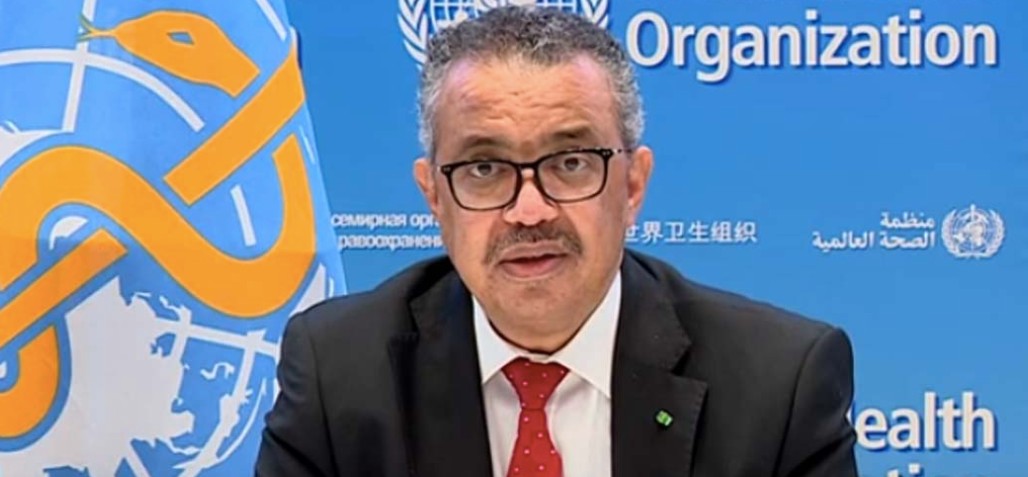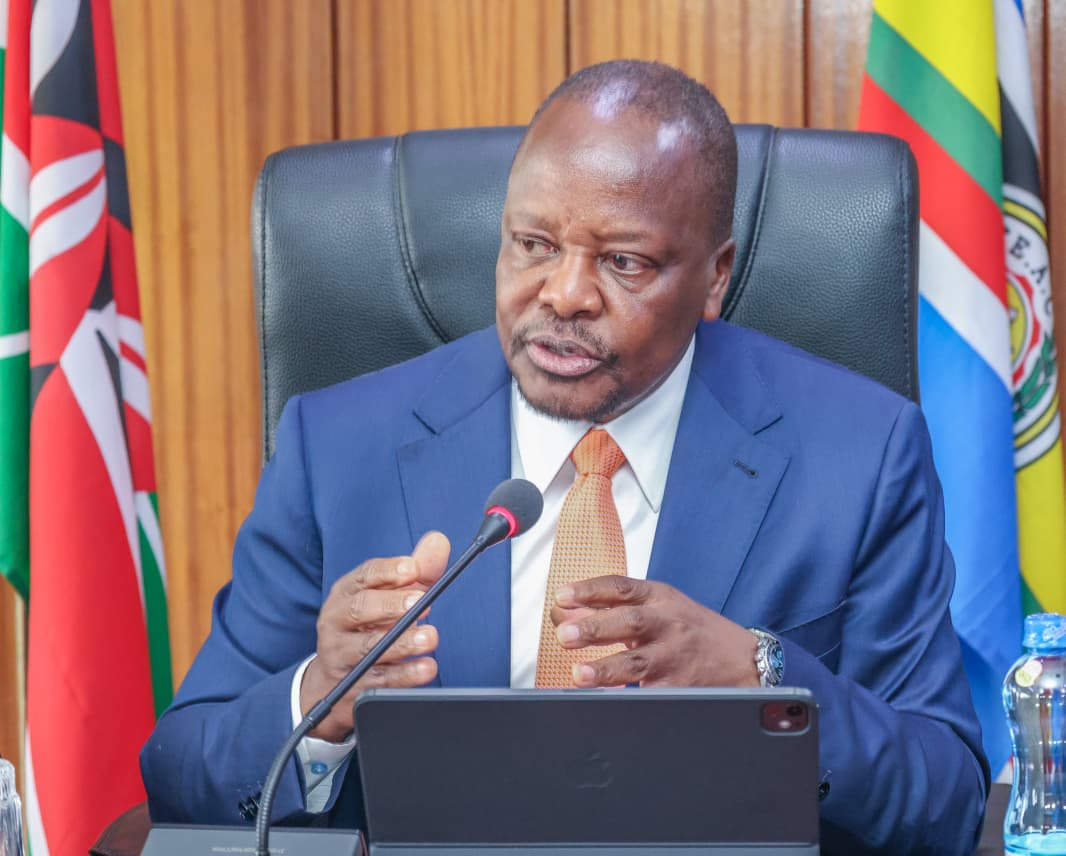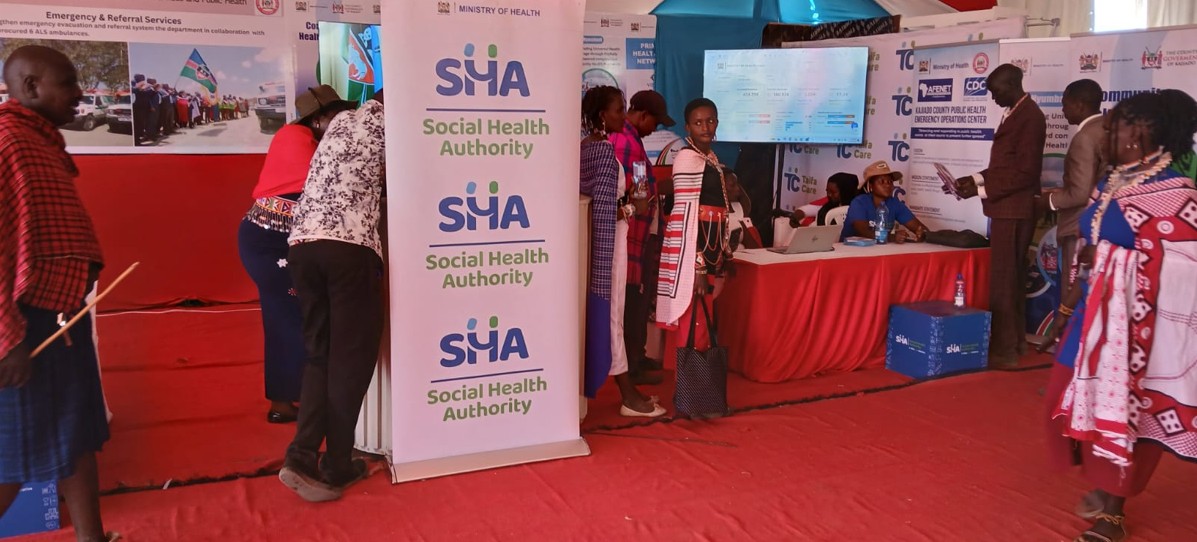Two men accused of facilitating Dusit D2 terror attack to serve 30 years in jail

Kahawa Law Court Judge Diana Kavedza ordered that the sentences for Hussein Mohammed Abdille Ali and Mohamed Abdi Ali commence from the date of pre-trial.
Two men who facilitated the Dusit D2 terror attack that claimed 21 lives and injured several others in 2019 have each been sentenced to 30 years in prison.
Kahawa Law Court Judge Diana Kavedza found Hussein Mohammed Abdille Ali and Mohamed Abdi Ali guilty of facilitating the attack and ordered their sentences to commence from the date of pre-trial.
More To Read
- Westgate attack: The day Kenya’s terror fight became a global concern
- Court finds two guilty of aiding 2019 DusitD2 terror attack that killed 21
- Anti-terror court rules Dusit D2 suspects have case to answer
- Kenyans mark DusitD2 terror attack six years on
- Hero on call: Paramedic volunteers to save lives in times of crisis
- DPP wins bid to present forensic evidence in Dusit D2 terror attack trial
According to Justice Kavedza, the attack undermined Kenyans' dignity and the country's sovereignty, and in the judgment, she aimed to give voice to the victims and survivors.
"Having considered the evidence before me, I hereby find the two accused guilty of facilitating the planners and attackers of the Dusit D2 terror attack,” ruled Justice Kavedza.
She highlighted that despite Hussein being a standard eight pupil at the time of the attack, he was knowledgeable for his age on the use and registration of IDs linked to the attack.
The court, in convicting Mohamed, the second accused, found that he used a SIM card registered in his name to transfer Sh836,000 to the lead attacker. The court also found that the attackers stayed at his house before the attack.
The court also noted that one suspect in the case had pleaded guilty to four counts after accepting a plea agreement with the prosecution and was convicted in January 2025.
He admitted to providing internet services to the Dusit D2 planners and attackers, forging an ID, and submitting false information to obtain a passport.
In April, the Director of Public Prosecutions (DPP) urged the Court to convict and sentence the two. Hussein and Mohamed were consequently jointly charged with conspiracy to commit an offence contrary to the law.
Additionally, Hussein faced an extra charge of facilitating a terrorist act, while Abdi Ali faces fourteen counts of the same offence.
During the trial, the prosecution presented evidence through 45 witnesses, and on January 21, 2025, the court ruled that the accused had a case to answer.
Mohamed was accused of sending more than Sh800,000 to phone numbers linked to the attack mastermind, Ali Salim Gichunge.
The police said the money, which was critical in planning and executing the attack, was wired in tranches on different days to several numbers that Ali owned.
From the evidence tabled in court, one of the mobile phone numbers used to wire the money was registered to Ali's deceased brother, Isaack Abdi.
The court heard that Hussein also communicated with Adam Chege, who was in Somalia, through Facebook, though he did not mention anything about an intended terrorist attack.
Titus Lang'at, a police constable, testified that ID images were sent by Chege, who had instructed Hussein on what to look out for.
According to the officer, Chege also communicated with an individual named 'Simple Wes' through the same Facebook account, who was to transport a parcel from Mandera to Nairobi.
The parcel, which contained the IDs that were to be used by the attackers, was to be collected by Hussein.
In his testimony, Lang'at told Justice Mochache that data analysis of the 177 SIM cards collected from Muchatha and a mobile phone recovered from Ali traced the attack back to Jilib in Somalia.
Jilib, the court heard, is the headquarters and operations base for the Al-Shabaab terror group.
In defence, the two denied the allegations, saying they were never at the scene of the crime. The first accused maintained he was a minor, 14 years old, at the time he was charged.
The two will appear in court in June.
Top Stories Today












































